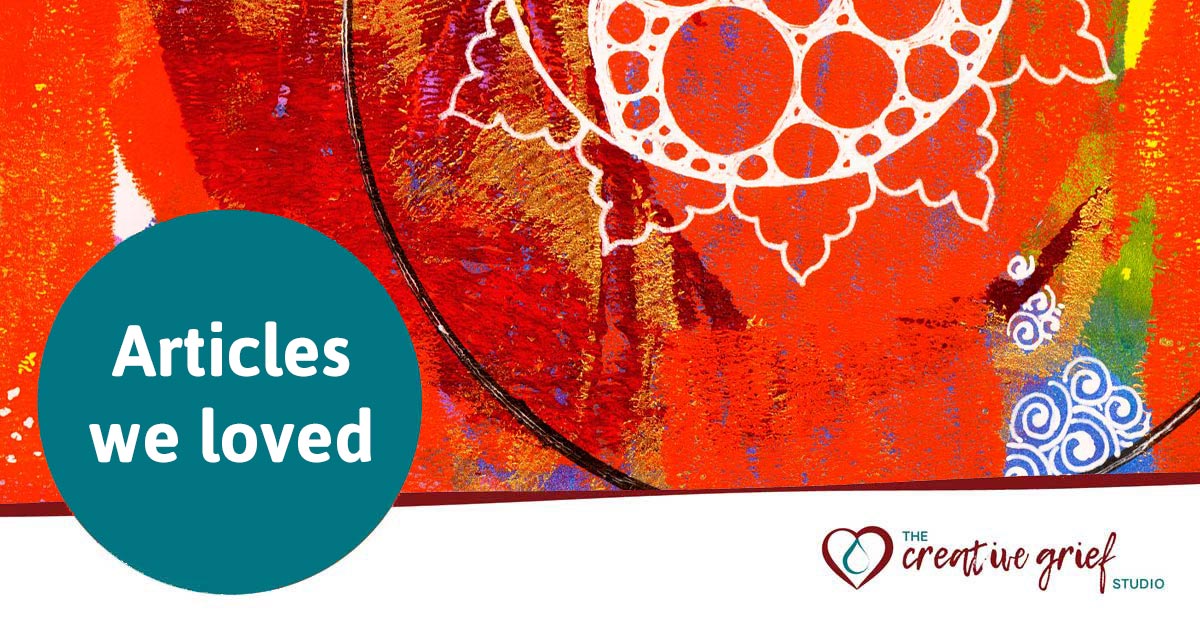We love to share with you the grief-related articles and other resources we find useful or inspirational. Here’s what we’ve enjoyed recently …
Look out for anxiety’s superpowers
We’re all for critiquing pathologising classifications of certain behaviours or emotions or just ways of being as “all/ always problematic.” A bit of curious exploration often reveals how the response is self-protective, adaptive, or an attempt to meet an important need, albeit with unwitting or unwanted side effects. When we explore grief responses in more nuanced ways like this, our clients are supported to notice the agency they have, to get clearer on the effects of their responses, to identify their values and preferences, and to make different choices (or feel more settled about the choices they’ve made). Needless to say, we enjoyed considering the 5 “superpowers of anxiety” offered in this article.
The perils of advice
There are some kinds of troubles that are easily solved with advice, but these day with the internet, most people can probably just google and solve those kinds of troubles themselves. Loss, death, illness, grief, trauma … these are not those kinds of troubles that are effectively addressed with advice, because there’s no single “right way” to handle them. As grief support practitioners, this is probably preaching to the choir, but we thought Parker Palmer offers quite an engaging “sermon” nevertheless. Especially this sentence:
“When we make that kind of deep bow to the soul of a suffering person, our respect reinforces the soul’s healing resources, the only resources that can help the sufferer make it through.”
https://onbeing.org/blog/the-gift-of-presence-the-perils-of-advice/
How men die differently
Given the gender disparities still pervasive across the globe, we think that gender is an important topic for therapists, clergy, social workers, and coaches to discuss with their clients, and it’s no less relevant in the case of grief support. We stand against binary and essentialist ideas about gender that say that there are only two genders and this is biologically wired and results in different experiences of life and death and grief because of biological factors. But we can and should explore themes of gender with our grieving and dying clients, without expecting that people’s experiences will be determined first and foremost by their genitalia or gender identification. Have a read of this article about “how men die differently.” And then consider:
To what degree do you explore the effects of sex and gender on your client’s dying or grieving experiences?
And how do you stay curious about your client’s experiences rather than unwittingly projecting gender and sex stereotypes onto them in the process?
https://www.thriveglobal.com/stories/11701-how-men-die-differently

